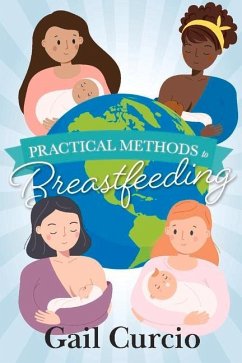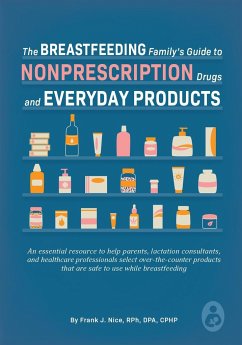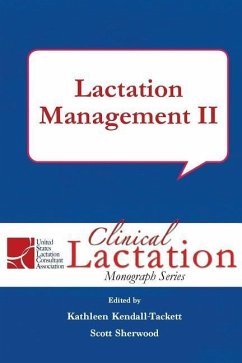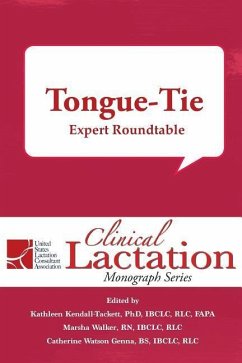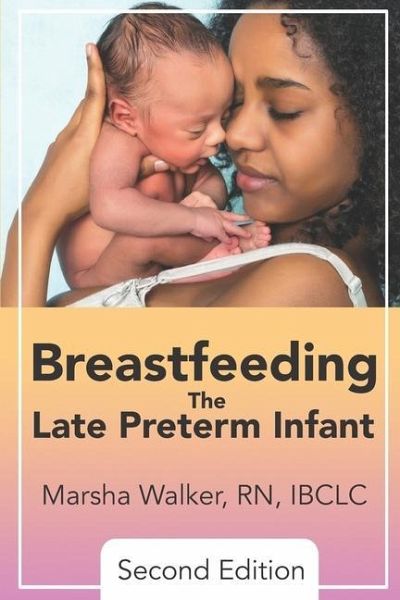
Breastfeeding the Late Preterm Infant
Versandkostenfrei!
Versandfertig in über 4 Wochen
15,99 €
inkl. MwSt.

PAYBACK Punkte
8 °P sammeln!
Approved for 2 L-CERPs by IBLCE until 10/1/2021 . Approval number: C2002230 Babies born prematurely-even by a week or two-raises the risk for neonatal morbidity and mortality. The Second Edition of Breastfeeding the Late Preterm Infant provides the latest information on babies born before their due dates and helps you support families who are breastfeeding late preterm infants. Breastfeeding management guidelines for the late preterm infant, including: -How to provide latch assistance -How to assess feedings at the breast -When to supplement -How to use bottles and artificial nipples -How to h...
Approved for 2 L-CERPs by IBLCE until 10/1/2021 . Approval number: C2002230 Babies born prematurely-even by a week or two-raises the risk for neonatal morbidity and mortality. The Second Edition of Breastfeeding the Late Preterm Infant provides the latest information on babies born before their due dates and helps you support families who are breastfeeding late preterm infants. Breastfeeding management guidelines for the late preterm infant, including: -How to provide latch assistance -How to assess feedings at the breast -When to supplement -How to use bottles and artificial nipples -How to help mothers initiate and maintain maternal milk supply -Ways to optimize milk production -Issues faced by the late preterm infant (hypothermia, hypoglycemia, respiratory instability, hypotonia, and immature feeding skills) and their impact on breastfeeding -Information on individualized feeding plans for moms to follow after discharge, including a sample plan Breastfeeding the Late Preterm Infant is a must-have for all healthcare providers who help mothers breastfeed late preterm infants. Marsha Walker, RN, IBCLC is a registered nurse and international board certified lactation consultant (IBCLC). She has been assisting breastfeeding families in hospital, clinic, and home settings since 1976. Marsha is the executive director of the National Alliance for Breastfeeding Advocacy (NABA). She serves as USLCA's representative to the USDA's Breastfeeding Promotion Consortium, NABA REAL's representative to the US Breastfeeding Committee, Associate Editor of Clinical Lactation, and a board member of the Massachusetts Lactation Consultant Association. Marsha is an international speaker, and an author of numerous publications including ones on the hazards of infant formula use, Code issues in the US, and Breastfeeding Management for the Clinician: Using the Evidence, 5th edition.





